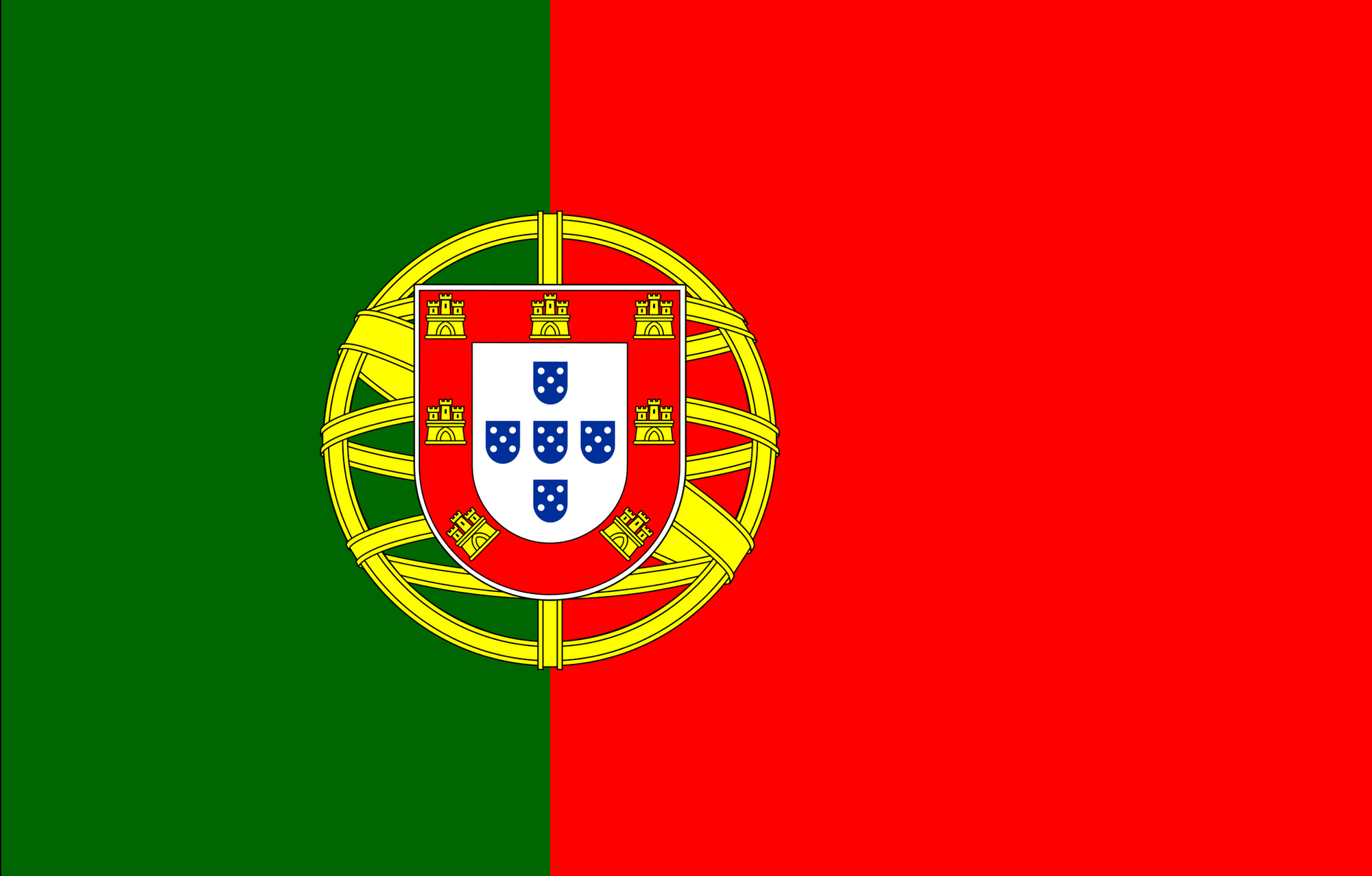Portugal: analysing procurement proposals of parties manifestos

With just over a week to go until the general election in Portugal I am looking into the various parties proposals for public procurement. I will be following the 2022 results in order: starting with PS the most voted down to Livre, the final party with a seat in the current parliament. If I have the time at the tail end of next week I may do an overview of the proposals and what I think is missing.
PS (Socialists)

PS is the incumbent despite presenting itself with a new leader after the corruption scandal from last year. As it happens, the current leader is the foreign minister for infrastructure and transport, ie the one behind the very much illegal idea of harnessing a tender to buy new trains as a means to set up a train factory in Portugal. That tender is still making its way through the court system.
Regarding public procurement, the 2024 PS manifesto is…short. There is a reference on Section 3.1 to sustainable procurement in the context of creating a 'Green Passport' to certify companies meeting sustainability objectives/criteria, but not how that would work in practice. Without details I do not know how feasible this might be within the current EU procurement legal framework since it seems to imply the creation of a local/national standard, although for contracts below thresholds I cannot see a legal problem there.
Further down, on section 5, the final proposal states the ambition to "reform and simplify the procedures for expenses authorisation and public procurement (…)." It is well known public investment has been hamstrung over the last few years via onerous financial authorisation mechanisms that required micromanagement by the Ministry of Finance. In short, even if a contracting authority had the budget for an expense nonetheless it could only be carried out by obtaining an authorisation from Finance. So, I'm not sure here if they're referring only to that difficulty or more specifically to the actual procurement procedures. If the latter, then a bit more than 'simplification' hand waving would have been helpful here.
There are some measures on (anti)corruption but nothing specifically about public procurement so any benefits from there for procurement would be indirect or ancillary.
Oh, and no mention about train factories or how public procurement should be harnessed for such grand designs. Funny that.
Grade: 1/10
AD (EPP)

AD is a coalition of two centre-right parties (social democrats and christian democrats) and the pro-monarchists. The social democrats are the other main party in Portugal and the alternative to the socialists for leading a government.
Their proposals for public procurement are a bit more elaborate than those of the socialists. First, within their (anti)corruption section the coalition wants to revisit the rules on conflict of interest in connection with PPP/PFIs, large public works and public procurement. Article 24 and Recital 16 of Directive 2014/24/EU appear to establish a minimum harmonisation objective that can be explored further by the Member States, so at this point I think this might be done legally (usual devil in details caveat applies of course).
Their second proposal is for using the ISO 37001 standard (anti-bribery) in public procurement and that I find it more difficult to square. The proposal seems to imply it is to be used at the award stage as an award criterion but since this appears to be a generic requirement and not one specific for the contract it cannot be applied there. It is either a 'technical' requirement (and that needs to be contract specific otherwise it is not proportionate) or it applies generally thus clashing with Article 57 of Directive 2014/24/EU on exclusions…and that one requires judicial decisions. This one I cannot see how it can be legally done for contracts above thresholds.
The third proposal is close to my heart. The coalition is proposing to enhance the compliance with notice publication in the national procurement portal BASE and implement open data for both public procurement *and* public expenditure. This data could then be used for further processing with big data/AI tools. Once again, no details on implementation, limits or constraints makes it hard to fully judge the extent of the proposal. All in all a local equivalent to the Public Procurement Data Space and it seems without considering any articulation with it.
Last but not least, within the justice area of the manifesto, the coalition is suggesting increasing the specialisation of judges, including in public procurement. I'm a bit detached from practice to be the right person to comment on this, but my impression is that the problem with Portuguese justice is not connected with judge specialisation but instead with the mismatch between resources and case load. Solving that costs money, a lot of it.
Grade: 4/10